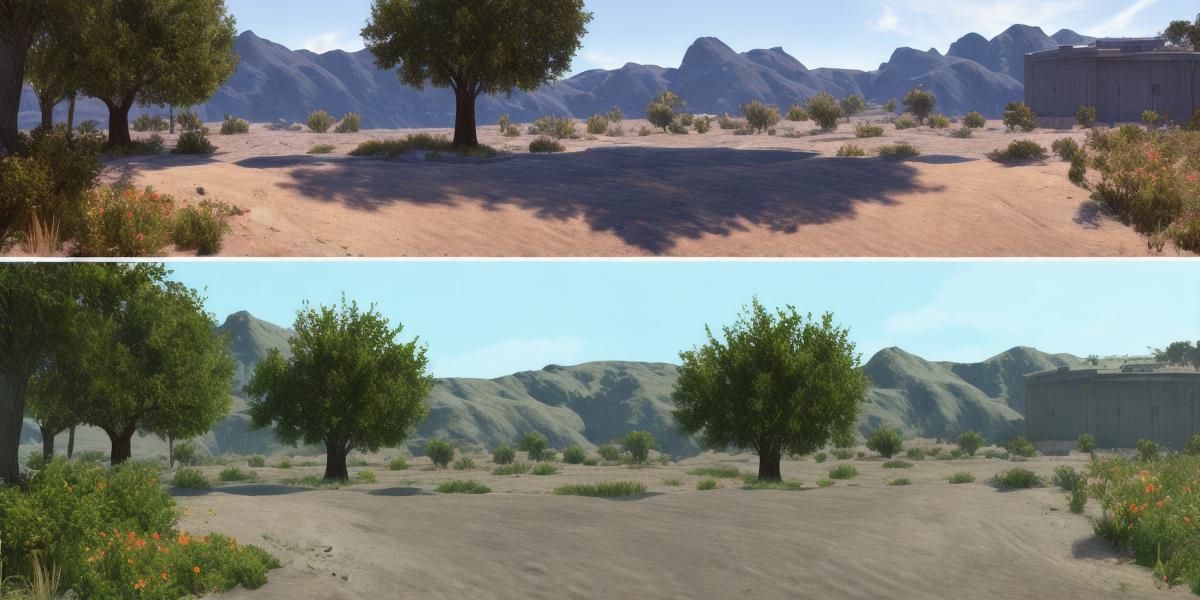For many people, the terms "game development" and "software development" may seem very similar. After all, both involve creating computer programs that can run on different devices and platforms. However, there are some fundamental differences between game development and software development that are important for developers to understand in order to make informed decisions about their career paths. In this article, we will explore the key differences between these two fields, including their goals, challenges, tools, and best practices.
Goals and Objectives
The primary goal of game development is to create a fun and engaging experience for players. Game developers aim to entertain, educate, or challenge their audience through interactive games that can be played on various platforms, such as desktop computers, mobile devices, consoles, and VR systems. The success of a game is measured by its ability to capture the attention of players and keep them engaged for an extended period of time. This means that game developers need to have a deep understanding of player psychology and behavior in order to design engaging levels, characters, and storylines that will resonate with their target audience.
In contrast, software development aims to solve problems or provide solutions to end-users. Software developers create programs that can perform specific tasks, such as word processing, data analysis, or online shopping. The success of a software product is measured by its ability to meet the needs and expectations of users, who are often willing to pay for high-quality software that provides value and solves their problems effectively. This means that software developers need to have a strong foundation in computer science principles and expertise in specific programming languages, such as Java or Python, that are used to build complex applications.
Challenges and Obstacles
Both game development and software development can be challenging and complex undertakings, but they require different skill sets and approaches. Game development requires a deep understanding of player psychology and behavior, as well as the ability to design engaging levels and characters that will capture the imagination of players. Game developers must also be proficient in various programming languages, such as C++, Unity, and Unreal Engine, which are used to create game engines and graphics. Additionally, game developers need to have a good understanding of game theory, artificial intelligence, and physics simulation in order to create realistic and immersive gaming experiences.
On the other hand, software development requires a strong foundation in computer science principles, as well as expertise in specific programming languages, such as Java or Python, that are used to build complex applications. Software developers must also be adept at problem-solving and critical thinking, as they need to anticipate and address potential issues that may arise during the development process. This means that software developers need to have a good understanding of data structures, algorithms, and software design patterns in order to create efficient and scalable software products.
Tools and Technologies
The tools and technologies used in game development and software development can vary widely depending on the specific project requirements. Game development typically involves the use of specialized game engines, such as Unity or Unreal Engine, which provide a range of features and functionalities that are optimized for game development tasks. These engines include graphics rendering, animation tools, physics simulation, and networking capabilities, among others. In addition to these engines, game developers may also use specialized software tools, such as 3D modeling and animation software, sound editing software, and level design tools.

In contrast, software development often relies on more traditional programming languages and tools, such as Integrated Development Environments (IDEs) and version control systems, which are used to manage code and collaborate with other developers. Software development may also involve the use of specialized libraries and frameworks, such as React or Angular, which provide pre-built components and modules that can be used to accelerate the development process. Additionally, software developers may use specialized testing tools, such as unit testing frameworks and continuous integration tools, to ensure that code is reliable, maintainable, and scalable.
Best Practices and Approaches
Both game development and software development require a disciplined and organized approach to ensure that projects are completed on time and within budget. Game developers must follow strict project management practices, such as agile methodologies, which emphasize collaboration, flexibility, and continuous improvement. This approach allows game developers to adapt to changing requirements and incorporate user feedback throughout the development process.
